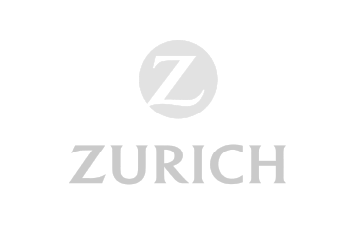COver FOr Care Assistants
Daddy Insurance Private Sick Pay (Income Protection) for Care Assistants: Crucial Safety Net
Care assistants are the backbone of the healthcare sector, providing essential support to those who need help with daily tasks. However, this job, while rewarding, often comes with physical and emotional challenges. The risks associated with personal injury, illness, or burnout make private sick pay (income protection) an essential consideration.
What is Daddy Insurance Private Sick Pay (Income Protection)?
If you are unable to work due to an illness or injury, private sick pay (income protection insurance) pays a monthly benefit based on your normal earnings.
Private sick pay or income protection, protects an individual’s income if they are unable to work due to sickness or injury. It provides a percentage of the person’s usual salary, ensuring that they can continue to meet living costs such as rent or mortgage payments, utilities, and other essentials while they are off work.
For care assistants, who often work long demanding, this type of protection can be a vital to maintain financial security.
Why is Daddy Insurance Private Sick Pay Important for Care Assistants?
Care assistants may not always have access to comprehensive sick pay through their employers. While the UK’s statutory sick pay (SSP) provides a basic level of financial support, it is a fraction of the average personal expenses which means they would fall short of everyday living costs.
Here’s why private sick pay can be crucial for care assistants:
Physically Demanding Work: Care assistants are regularly required to lift, move, and support clients, often in awkward or physically challenging positions. This can lead to musculoskeletal injuries such as back pain or strain, which may require time off work to recover.
Risk of Illness: The nature of the role means close contact with vulnerable individuals, which increases the risk of catching contagious diseases, especially during cold and flu season or outbreaks like COVID. This can lead to more frequent and extended periods of illness.
Burnout: Emotional and physical exhaustion is common in care roles due to the demanding nature of the work. Long hours, emotionally draining situations, and high responsibility for patient well-being can lead to stress and burnout, which may require extended time off.
Limited Employer-Sponsored Benefits: Many care assistants work for small care homes or agencies that may not offer employer-sponsored sick pay. Having a private sick pay policy ensures that a care assistant won’t face severe financial hardship if they fall ill or are injured and need time off.
How Does Daddy Insurance Private Sick Pay Work?
Here’s a basic breakdown of how Daddy Insurance Private Sick Pay income protection policy works:
Monthly Premiums: You pay monthly premiums based on your age, health, occupation, and the monthly benefit you need. High-risk occupations will generally have higher premiums.
Waiting Period: Policies have a “deferred” period, which is the amount of time you must be unable to work before payments begin, in other words a waiting period. Deferred periods can range from a 1 week to several months. The longer the deferred period, the lower your premiums, so it is important to find the right balance between affordability and how quickly you would like to be paid.
Payout: Once the waiting period is over, the policy will begin to pay out a regular income. Typically, policies cover up to 70% of your gross income, tax free. This continues for the agreed benefit period, which can be until you return to work, reach a set retirement age, or for a fixed number of years.
Policy Term: You can choose how long the policy will pay out, which can range from a few years to retirement age, depending on your needs.
Tax-Free: Payments from a private sick pay income protection policy are tax-free, which makes them even more valuable.
Choosing the Right Income Protection Policy
When selecting an income protection policy, care assistants should consider several factors:
Coverage Level: Determine how much of your salary you need to cover essential expenses if you’re unable to work.
Deferred Period: Assess how long you can manage without receiving payments. If you don’t need paid right away, you can choose a longer waiting period to reduce your monthly premium.
Injury and Illness Coverage: Depending on what you qualify for you can choose illness and injury or injury only cover.
Mental Health Coverage: Given the high risk of stress and burnout in caregiving roles, it’s important to confirm that the policy covers mental health conditions that could require time off work. Most policies will not cover pre-existing illnesses. You need to have the cover in place before the illness or injury occurs so don’t put it off until its to late.
Conclusion
Care assistants, face physically and emotionally demanding work, private sick pay or income protection insurance offers a valuable safety net. It helps ensure financial security during times of illness or injury, allowing them to focus on recovery without the stress of lost income.
While it’s an additional expense, the peace of mind it provides can be well worth the cost. In 2023, the total payout for private sick pay income protection claims in the UK amounted to £177 million. Without private sick pay million or individuals would have found themselves in a much worse position financially. By carefully choosing the right policy, care assistants can protect themselves against the financial risks associated with the unpredictability of illness and injury.








